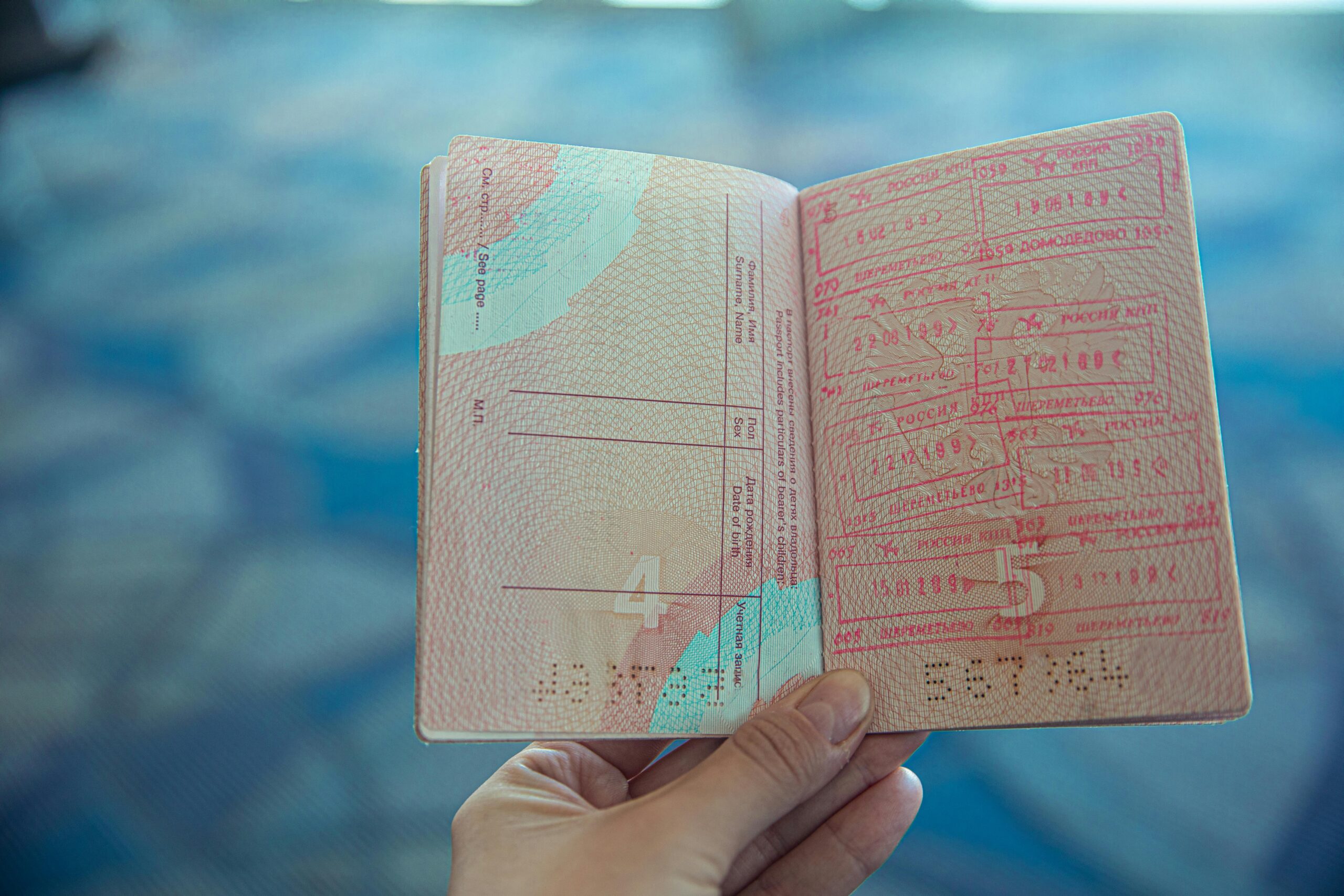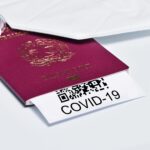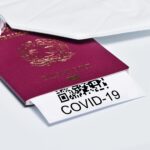A Groundbreaking Shift in Canada’s Express Entry Medical Exam Protocol
Immigration, Refugees and Citizenship Canada (IRCC) has announced a significant procedural change affecting all Express Entry candidates aspiring to gain permanent residence in Canada. In a move designed to standardize and streamline the application process, the previous flexibility surrounding the Immigration Medical Exam (IME) has been replaced with a more structured, post-Invitation to Apply (ITA) mandate. This development represents a pivotal shift from the long-standing practice where applicants could choose to complete an Upfront Medical Exam (UME) before even entering the Express Entry pool. For prospective immigrants, understanding the nuances of these new Express Entry medical exam requirements is not just beneficial—it is absolutely essential for a successful and timely application. This policy adjustment aims to enhance processing efficiency by ensuring that every medical exam submitted is current and directly tied to an active permanent residence application, thereby reducing delays associated with expired or unlinked medical results. It signals a strategic effort by IRCC to manage application inventories more effectively and provide clearer, more consistent instructions to all candidates on their journey to becoming Canadian permanent residents.
This fundamental change impacts the strategic planning of every potential applicant. Previously, securing a UME was often seen as a proactive step, allowing candidates to have all their documents ready for immediate submission upon receiving an ITA. The new system recalibrates this timeline, making the receipt of an ITA the trigger for initiating the medical examination process. Candidates in the Express Entry pool, as well as those planning to create a profile, must now factor this new sequence into their application strategy. The change underscores the importance of being prepared to act swiftly once an ITA is issued, as the window for completing the medical exam and submitting the full application is finite. As such, this guide provides a comprehensive overview of the new regulations, offering clarity on the updated process and what it means for applicants at every stage of their Express Entry journey. Familiarity with these protocols is the first step toward navigating the path to Canadian permanent residence with confidence and precision.
Deconstructing the New Post-ITA Medical Exam Mandate
The core of the new directive is its timing: the immigration medical exam must now be completed after an Express Entry candidate receives an Invitation to Apply (ITA) for permanent residence. This is a departure from the dual system that previously existed, where candidates could either wait for an ITA and subsequent medical instructions or complete an Upfront Medical Exam (UME) at their own discretion. By mandating a post-ITA examination, IRCC ensures that the one-year validity period of the medical results aligns perfectly with the anticipated processing time of the application. This eliminates scenarios where an applicant’s UME expires mid-process, which historically created significant delays and required re-examinations. Under the new rules, upon receiving an ITA, applicants will also be provided with a specific medical instruction letter. This document is crucial, as it contains the necessary information and barcodes that a Panel Physician will need to associate the exam results directly with the applicant’s unique file in the Global Case Management System (GCMS). This direct link between the exam and the application is designed to create a seamless, digitized workflow, minimizing the risk of administrative errors and lost documents. The new Express Entry medical exam requirements are therefore not just a change in timing but a move towards a more integrated and technologically advanced processing system.
The rationale behind this change is multifaceted. Beyond ensuring the validity of medical results, it also standardizes the experience for all applicants. Previously, the choice of a UME could be confusing, with some candidates unsure if it would genuinely speed up their application. The new mandate removes this ambiguity, creating a clear, uniform pathway for everyone. It also relieves the burden on Panel Physicians and the healthcare system, as it prevents thousands of prospective candidates who may never achieve a high enough Comprehensive Ranking System (CRS) score from undergoing unnecessary medical exams. The focus is now on active applicants who have already demonstrated their eligibility by receiving an ITA. This targeted approach is expected to reduce backlogs at Panel Physician clinics and allow IRCC to focus its resources on processing complete and compliant applications more rapidly. Applicants must now be diligent in monitoring their IRCC secure account for the ITA and the accompanying medical instructions, as the 60-day deadline to submit the complete application remains, and securing a timely appointment with a Panel Physician becomes a critical component of meeting that deadline.
Who is Impacted? A Comprehensive Breakdown for Express Entry Applicants
The new medical exam requirements apply universally to all candidates applying for permanent residence through any of the Express Entry-managed programs. This includes the Federal Skilled Worker Program (FSWP), the Federal Skilled Trades Program (FSTP), the Canadian Experience Class (CEC), and any Express Entry-aligned streams of the Provincial Nominee Programs (PNPs). Regardless of the program, any individual who receives an Invitation to Apply (ITA) will be required to follow the new post-ITA medical examination procedure. This policy extends not only to the principal applicant but also to all accompanying family members, including a spouse or common-law partner and dependent children. Each person included in the application must undergo their own separate immigration medical exam, and the results for the entire family unit must be submitted together as part of the complete application package. This comprehensive application ensures that all individuals seeking to immigrate to Canada meet the health admissibility requirements set out in the Immigration and Refugee Protection Act (IRPA).
For candidates who are already in the Express Entry pool and may have completed an Upfront Medical Exam (UME) under the old guidelines, IRCC is expected to provide transitional measures. While new ITAs will be subject to the updated rules, those with a valid, unexpired UME linked to their profile may have it accepted, though this will be determined on a case-by-case basis. However, the official direction moving forward is clear: applicants should not book a medical exam until they have received an ITA. Doing so preemptively is now counterproductive, as the exam cannot be properly linked to the application without the official medical instruction letter issued by IRCC post-ITA. Therefore, all current and future Express Entry candidates should adjust their application strategy to align with this new, non-negotiable sequence. This includes those who have previously undergone an IME for a temporary residence application (like a study or work permit), as a new exam will generally be required for a permanent residence application unless specific exemptions announced by IRCC apply.
Navigating the New Medical Exam Process: A Strategic Step-by-Step Guide
Successfully navigating the new Express Entry medical exam requirements hinges on prompt and precise action following the receipt of an Invitation to Apply. The first and most critical step is to carefully review the entire ITA package received in your IRCC secure account. Within this package, you will find a document titled “Medical Instructions Letter” (or similar). This document is your key to the entire process, containing a unique file number (such as an IME or UMI number) that you must provide to the examining physician. Once this letter is secured, the next immediate action is to locate an approved Panel Physician. It is imperative to use a physician authorized by IRCC; an exam from any other doctor will be invalid. The official list of Panel Physicians is available on the IRCC website and is searchable by country and city. It is wise to identify a few potential clinics in advance, so you can contact them immediately upon receiving your ITA, as appointments can sometimes be difficult to schedule on short notice.
When attending the appointment, be prepared. You must bring the medical instruction letter, a valid passport for identification, and eyeglasses or contact lenses if you wear them. Some clinics may also require you to bring recent passport-sized photos. The Panel Physician will conduct a standard physical examination, review your medical history, and may order chest x-rays and laboratory tests. After the exam, the physician will submit the results directly to IRCC through the secure eMedical online system. You will be given a confirmation document, often called an Information Sheet, which serves as your proof that the exam has been completed. You must upload a scanned copy of this document into your online application portal as evidence of compliance before submitting your final application within the 60-day deadline. The following checklist summarizes the critical actions required:
- Wait for Your Invitation to Apply (ITA): Do not book a medical exam before receiving an official ITA and the corresponding instruction letter from IRCC.
- Download Your Medical Instruction Letter: Immediately after receiving your ITA, locate and save the official medical instruction letter from your IRCC account.
- Find a Panel Physician: Use the official IRCC website to find an approved Panel Physician in your country of residence.
- Schedule and Attend Your Appointment Promptly: Contact a Panel Physician clinic without delay to book your exam, keeping the 60-day application deadline in mind.
- Bring All Necessary Documents: Take your passport, the medical instruction letter, and any other required items (e.g., photos, eyewear) to your appointment.
- Confirm Electronic Submission: Verify with the clinic that your medical results have been submitted to IRCC via the eMedical system.
- Upload Proof of Completion: Scan and upload the confirmation document (e.g., Information Sheet) provided by the clinic to your Express Entry application portal.
Frequently Asked Questions (FAQs)
What are the new medical exam requirements for Express Entry?
Under the new rules, all Express Entry candidates must complete their mandatory immigration medical exam (IME) only after receiving an Invitation to Apply (ITA) for permanent residence. Applicants will receive a specific medical instruction letter from IRCC with their ITA, which they must take to an approved Panel Physician.
How do I find an approved Panel Physician?
You can find a list of all IRCC-authorized Panel Physicians on the official Immigration, Refugees and Citizenship Canada (IRCC) website. The list is searchable by country and city, allowing you to locate a certified clinic in your area.
What should I bring to my immigration medical exam?
You must bring your valid passport, the official medical instruction letter you received with your ITA, and any corrective eyeglasses or contact lenses you use. Some clinics may also ask for passport-sized photos, so it is best to confirm with them when you book your appointment.
What happens to the Upfront Medical Exam (UME) I already completed?
IRCC may provide transitional measures for candidates who have a valid, unexpired UME that is already linked to their profile. However, the official policy moving forward requires all newly invited candidates to follow the post-ITA examination process, so it is not advisable to get a UME now.
How does the physician submit my medical results to IRCC?
Panel Physicians use a secure online portal called eMedical to submit your exam results and records directly to IRCC. This electronic system ensures the results are linked to your application file quickly and securely, and you will receive a confirmation sheet as proof of completion.
Talk to us to find out more. ->
The content above is not intended to provide legal advice or opinions of any kind and may not be used for professional or commercial purposes.







